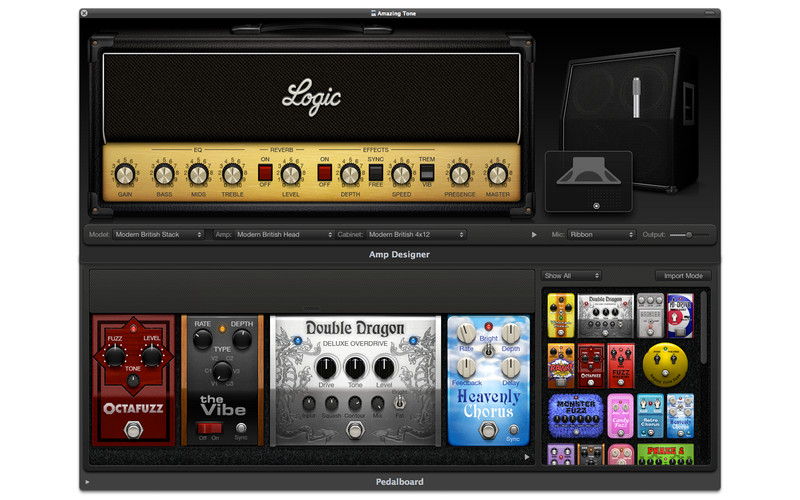
- Apple mainstage glossary of terms full#
- Apple mainstage glossary of terms pro#
- Apple mainstage glossary of terms software#
- Apple mainstage glossary of terms free#
It has RCA phono outs, which any decent sound technician should be able to work with. The cheapest way of doing this effectively is something like the Behringer UCA222, which is around £20 from a number of retailers. The internal sound cards are noisy, and you really don’t want your WhatsApp notification sound played out over the theatre FoH speakers because you forgot to mute them!
Apple mainstage glossary of terms pro#
Most importantly is whether you’re using a laptop, a mac mini or a fully loaded Mac Pro you need an external sound card. My theatre rig was, for years, an i5 Mac Mini with 8Gb RAM, only recently upgraded to an i7 Mac Mini with 16Gb RAM due to a couple of shows that had massive concert files.ĭisclaimer - I am still on Intel Mac and haven’t yet moved to the new generation of Apple Silicon, where higher performance with less RAM may reduce the hardware requirement. I would recommend a mid to upper range processor and at least 8Gb RAM. But on a theatre rig that is doing nothing else you really don’t want OSX to be doing this, so it’s essential you have enough RAM for the things you’re doing, or you’ll be losing CPU cycles to compressing / uncompressing data rather than processing it. In general this is fine, and you don’t even know it’s happening. So it compresses it, and if the application comes back and needs it again it will uncompress it. This means that OSX thinks I’ve not used it for a while, but the application that created it is still running. Here we can see that 2.84Gb of RAM is “compressed”. Typical view of memory pressure from OSX’ Activity Monitor tool
Apple mainstage glossary of terms free#
When your computer runs low on RAM the Operating System (OSX in this case) starts to do some actually pretty clever stuff to free up memory. The number one reason for apparently poor CPU performance is actually too little RAM. One other important point here - as well as generating audio output from this maths it is the CPU’s job to move data around to work on it. Whereas a really good convolution reverb will definitely give your CPU a workout. For instance, Modartt’s Pianoteq is modelled, not sampled, and you’d think it was quite CPU heavy but for some reason it’s not. The less maths and less moving around the better, of course, and it’s not always obvious what counts as “all the maths”. The CPU does maths and moves things around in RAM - so you need enough RAM to hold all that, and enough CPU to do all the maths.
Apple mainstage glossary of terms full#
MainStage loads samples into memory for a fast response time, so a full theatre concert file can run at 4–8Gb RAM. If you are careful you can get away with a fairly modest CPU, such as the i5 in the older Mac Mini, but you do need to make sure you have enough RAM to hold samples. Depending on the virtual instruments you are using the amount of CPU grunt you need will change, so some research into the best plugins for live use is a good idea.

Unless you’re controlling external synth hardware (which you can in MainStage) you will need some CPU grunt. The first thing to consider is the basics of how computers work.

For an introduction to this please see my other blog.
Apple mainstage glossary of terms software#
Apple MainStage - Patching for PerformanceĪpple’s MainStage product provides an elegant and sophisticated way of mapping external MIDI controllers to software synths, virtual instruments and so on.


 0 kommentar(er)
0 kommentar(er)
